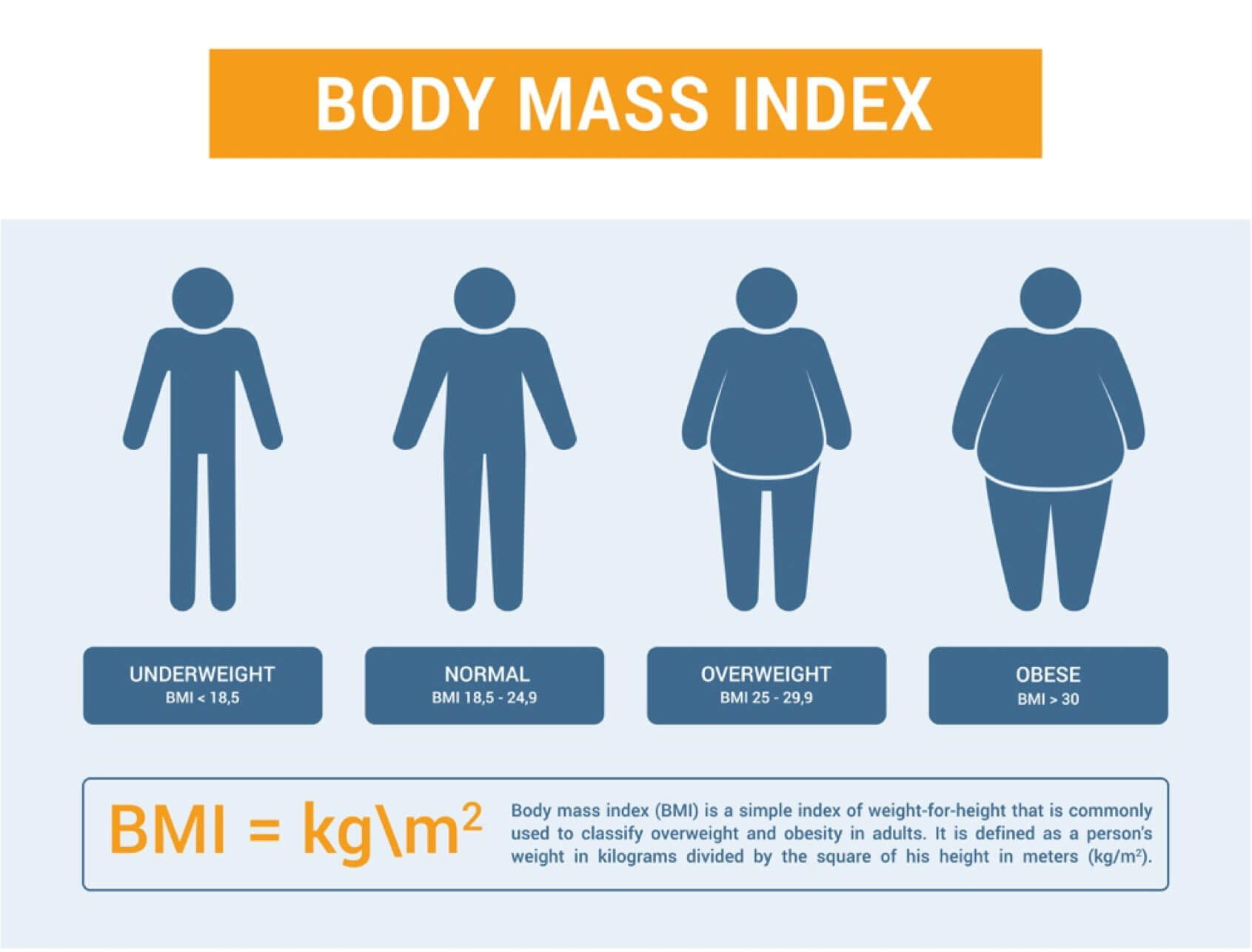
James has spent most of his 30s trying to have a child but to no avail. This has left him depressed, as if he was falling short of what was required of him as a man. “I remember waiting for the result of the test and hoping that it was her fault and not me.” He then learnt the outcome of the fertility check where he was diagnosed as having a low sperm count.
The Male Infertility Crisis
Did you know that male infertility accounts for roughly half of all infertility? Fertility has historically and commonly been perceived both in the media and medical practice as generally a female matter. That is why women traditionally carry the stigma of infertility and childlessness.
Studies have shown that men’s testosterone levels have been sharply declining for decades. Besides that, more countries are now observing plummeting sperm count among men, which is the main marker of male infertility. For example, Singapore General Hospital has seen a five-fold increase in male infertility cases, from 10 new cases in 2015 to 50 new cases in 2018.
What is contributing to the Sperm Crisis?
Most experts acknowledged the decline in male fertility, but the exact cause of this problem has yet to be discussed. There are several possible culprits for the decrease in fertility levels among males, which include:
-
Increased exposure to environmental toxins
As we move into a new era of innovation, we are exposed to increased levels of environmental poisoning. For instance, synthetic materials, pesticides, toxic building substances, parabens and chemicals found in household products. Furthermore, there are recent reports of electromagnetic waves (EMWs) emitted from Wi-Fi modems and mobile phone radiation causing oxidative stress. Exposure of these EMWs can cause a significant decrease in sperm motility and velocity, affecting the quality of human semen and the reproductive system.
-
Smoking habit
It has been long established that smokers are more likely to experience infertility than non-smokers. This is because smoking affects every stage of the reproduction process, such as the genetic material (DNA) in the sperm and men’s hormone production. It is important to quit at least three months before trying for a baby to ensure the sperm is healthy when the baby is conceived.
-
Obesity

Image source
Findings from studies have suggested that being obese can lead to lower volume of semen, sperm count, concentration, motility as well as higher risk of sperm defects. A healthy weight can significantly improve fertility and increase the chance of conceiving a baby.BMI provides a reliable indicator of body fat for most people, and is used to screen for weight categories that may lead to health problems, including infertility. Check your BMI with KLF BMI Calculator here: https://www.klfertility.com/body-mass-index-bmi-calculator/
-
Dietary habits
Research has shown that the contributing factors behind low quantity and poor motility in semen include eating out frequently, deep-fried foods and sugar-loaded diets. Moreover, researchers at the Harvard Chan Public Health School has suggested that high intake of processed meats may harm a man’s ability to fertilise an egg.
-
Lifestyle

Lack of quality sleep and exercise have been shown to affect the quality of sperms. A preliminary study found that men who slept for less than 6 hours a night were less likely to impregnate their partner compared to those who had 7 to 8 hours of sleep. -
Long term use of ibuprofen
Recent studies have also looked into ibuprofen use which might lead to the sperm crisis. It has been shown that taking ibuprofen for as little as two weeks may limit sperm production. Men who consumed equivalent of three over-the-counter ibuprofen pills a day were found to have “compensated hypogonadism”, where the testosterone levels decrease significantly, possibly impacting fertility.
-
Tight underpants
Some studies have shown a decrease in sperm count from wearing tight-fitting undergarments. Researchers have found that men wearing looser-fitting underpants had higher sperm concentration, with a 17% higher total sperm count and 33% more motility than men with tighter-fitting underwear. Thus, changing into looser underpants might help some men who are low on sperm production.
Conclusion
Male infertility is a real issue but a mostly concealed subject. Traditionally, the woman is seen as the infertile partner when couples have trouble conceiving. However, it must be emphasised that men’s health has an equal effect on a couple’s chances of having a baby.
Infertility can be a tough hurdle, deal with the challenge together as a couple.

